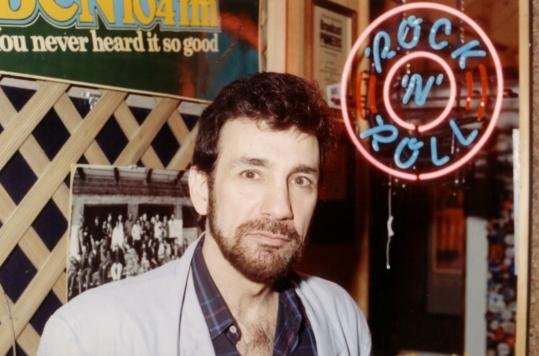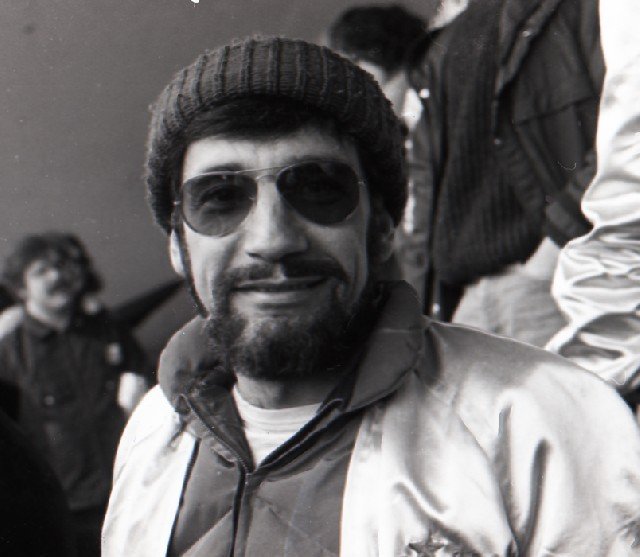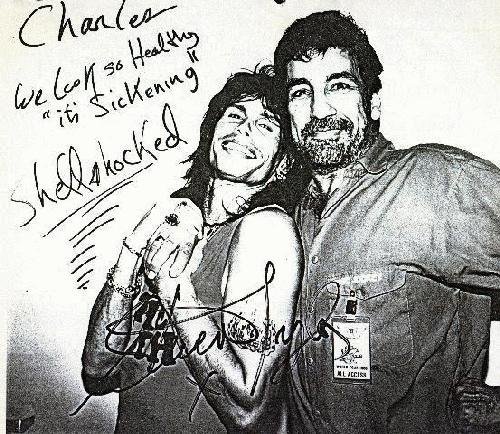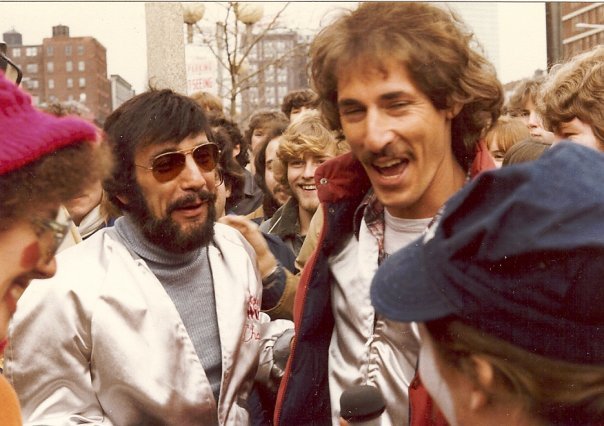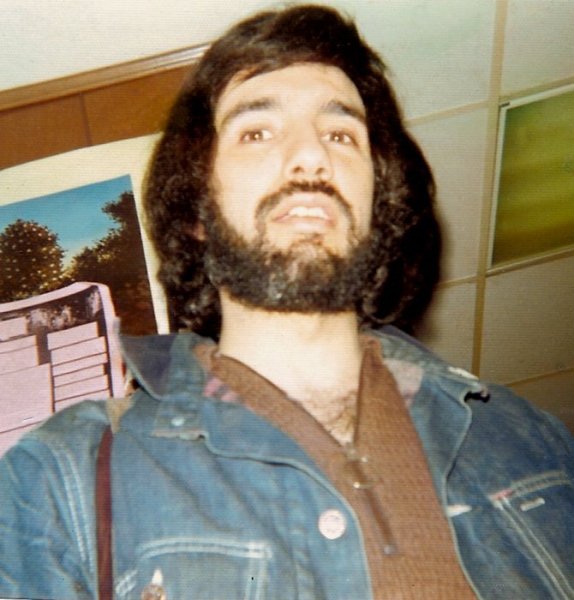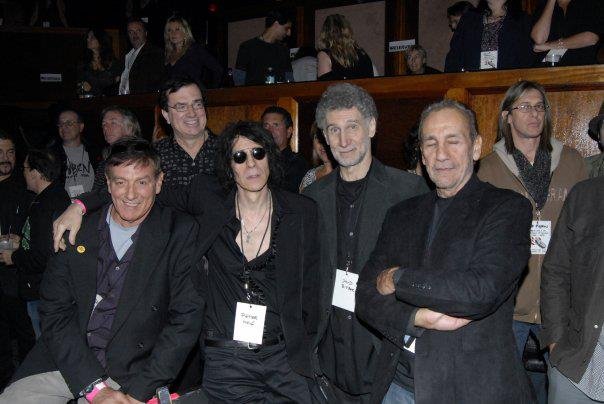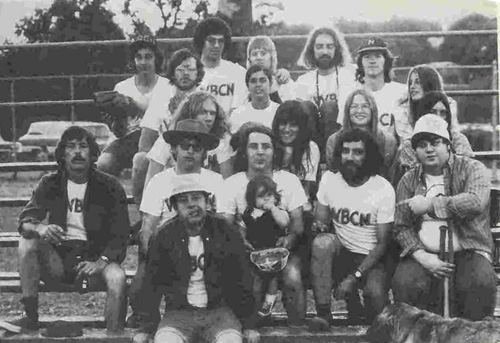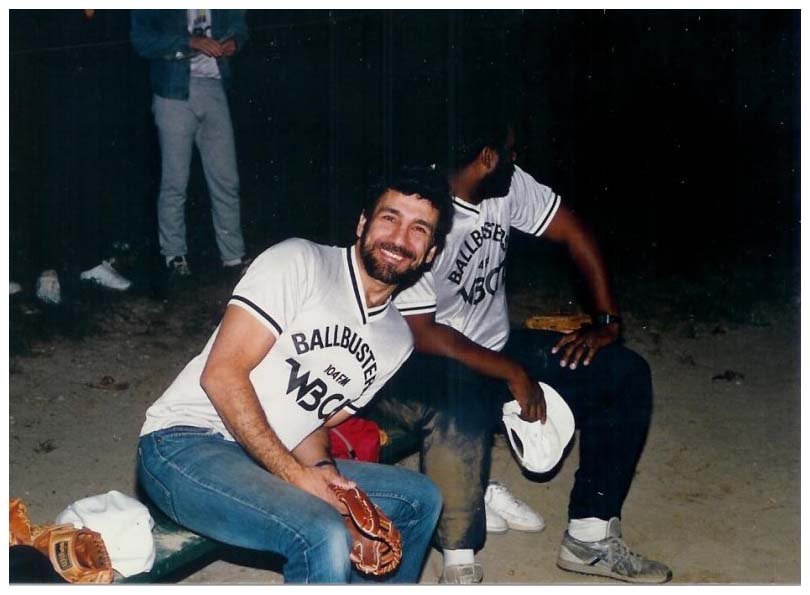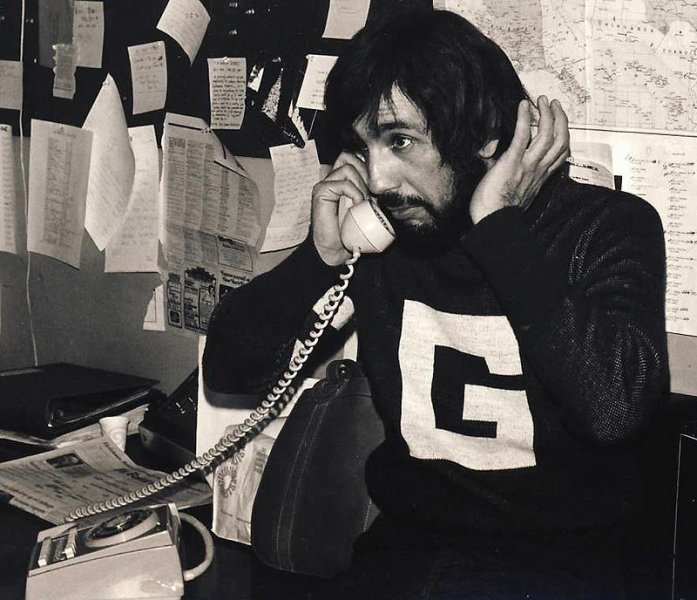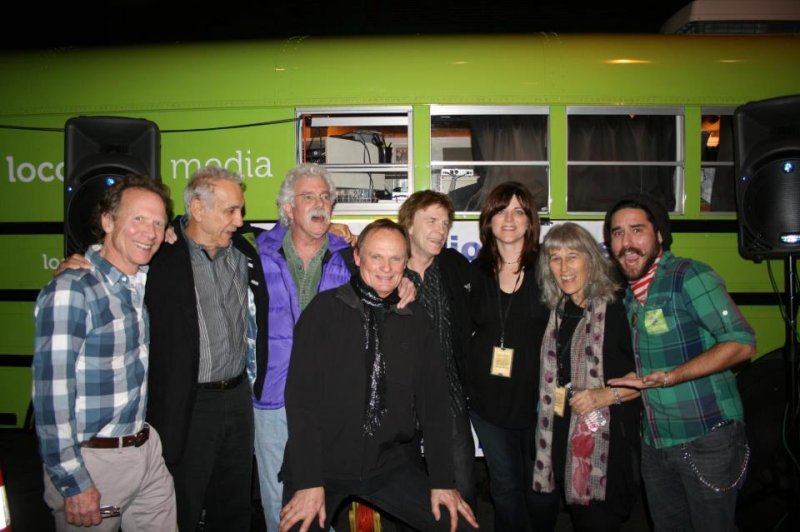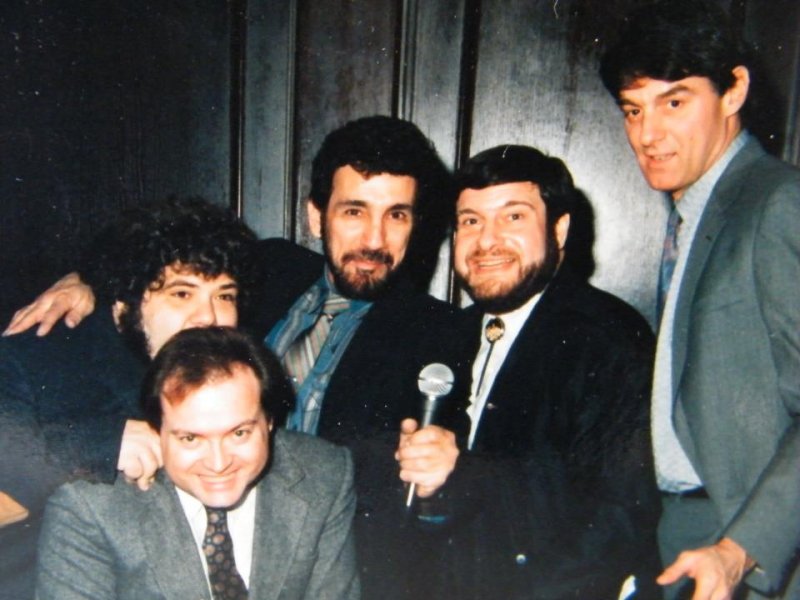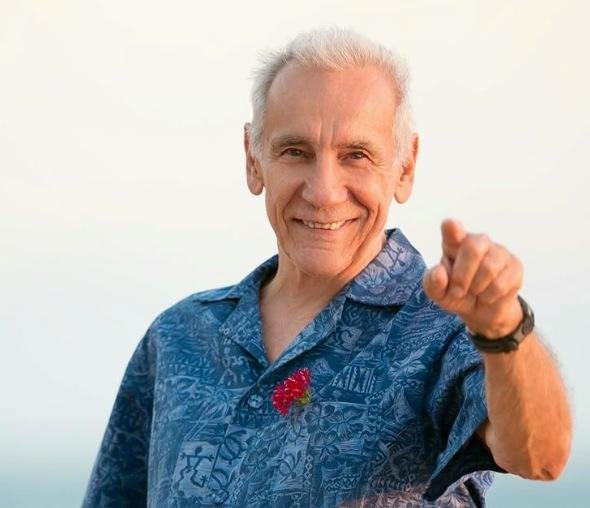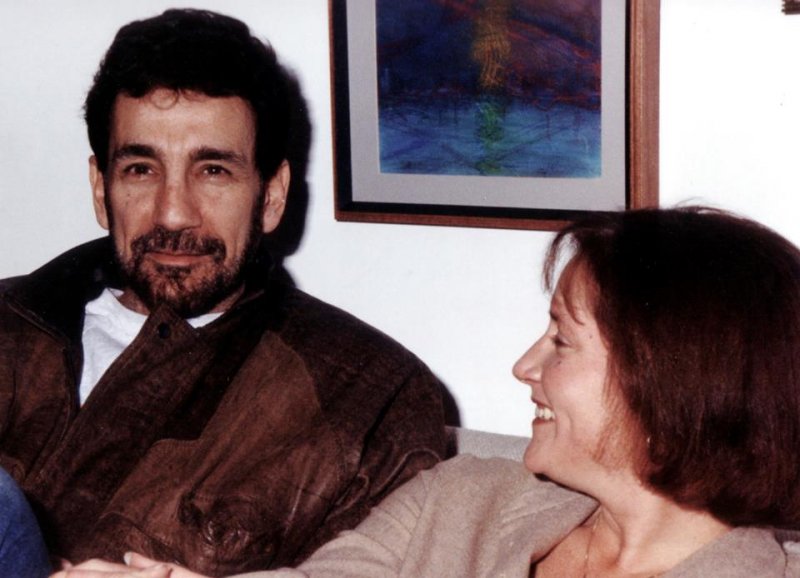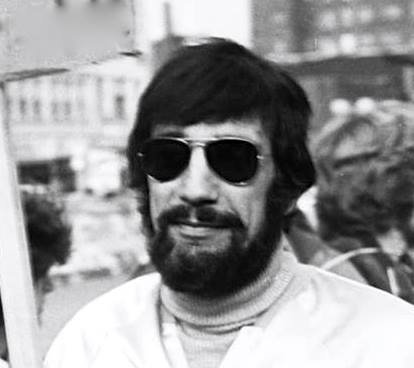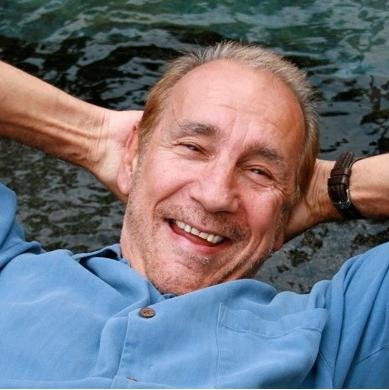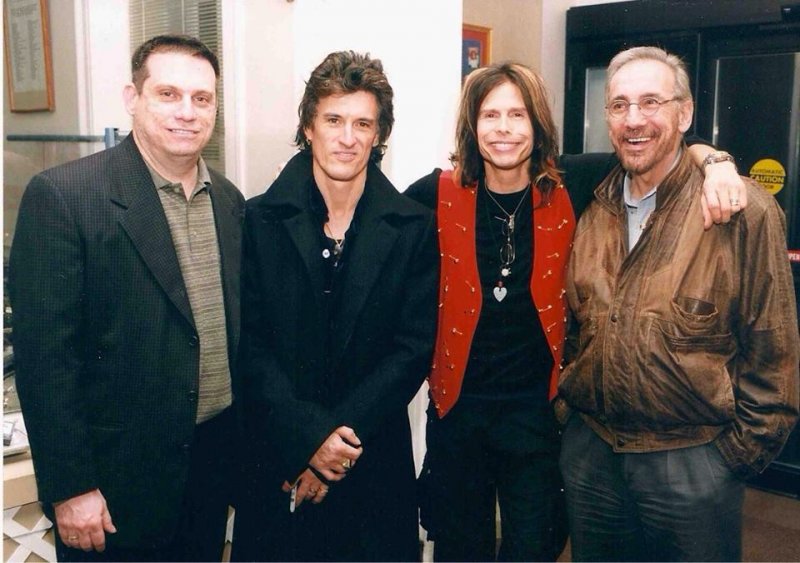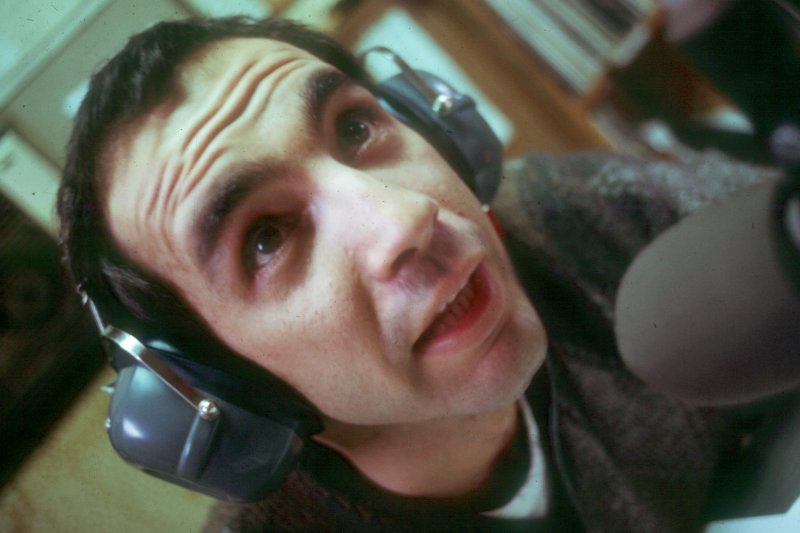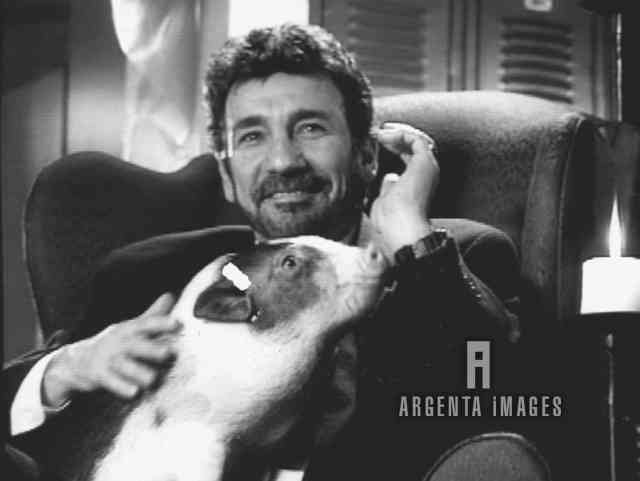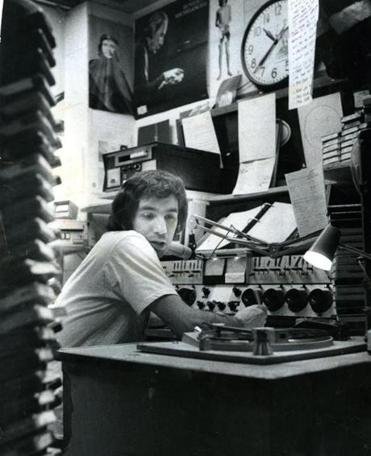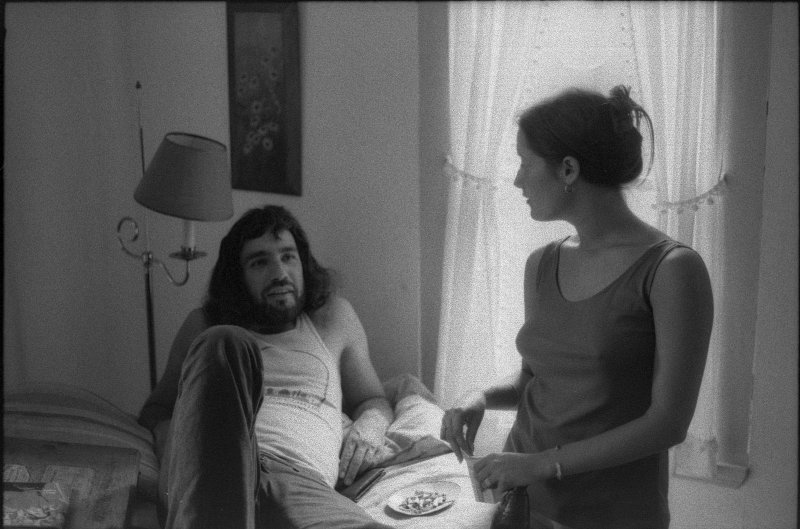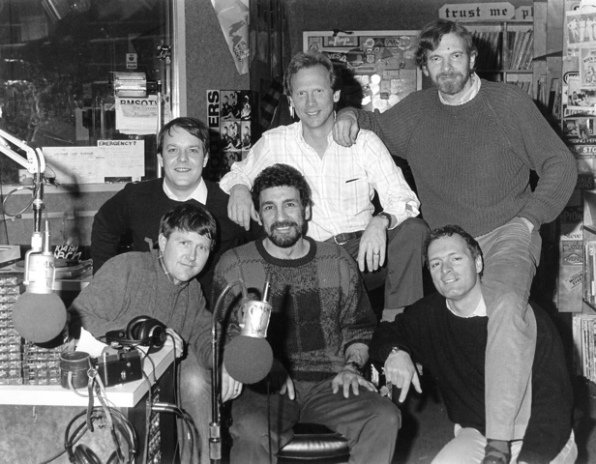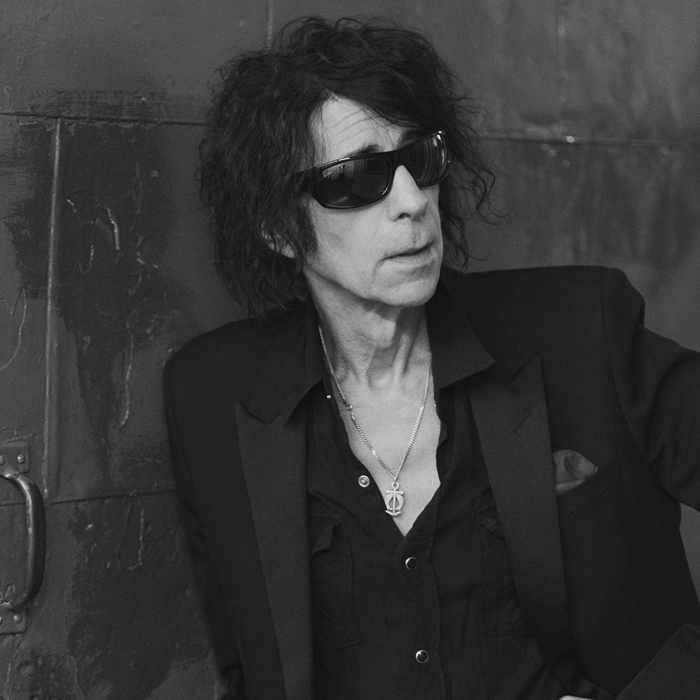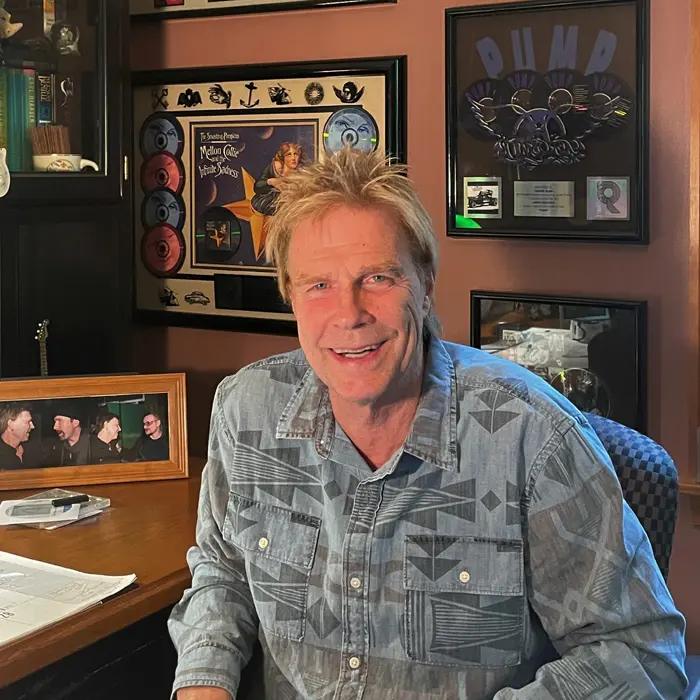Charles Laquidara
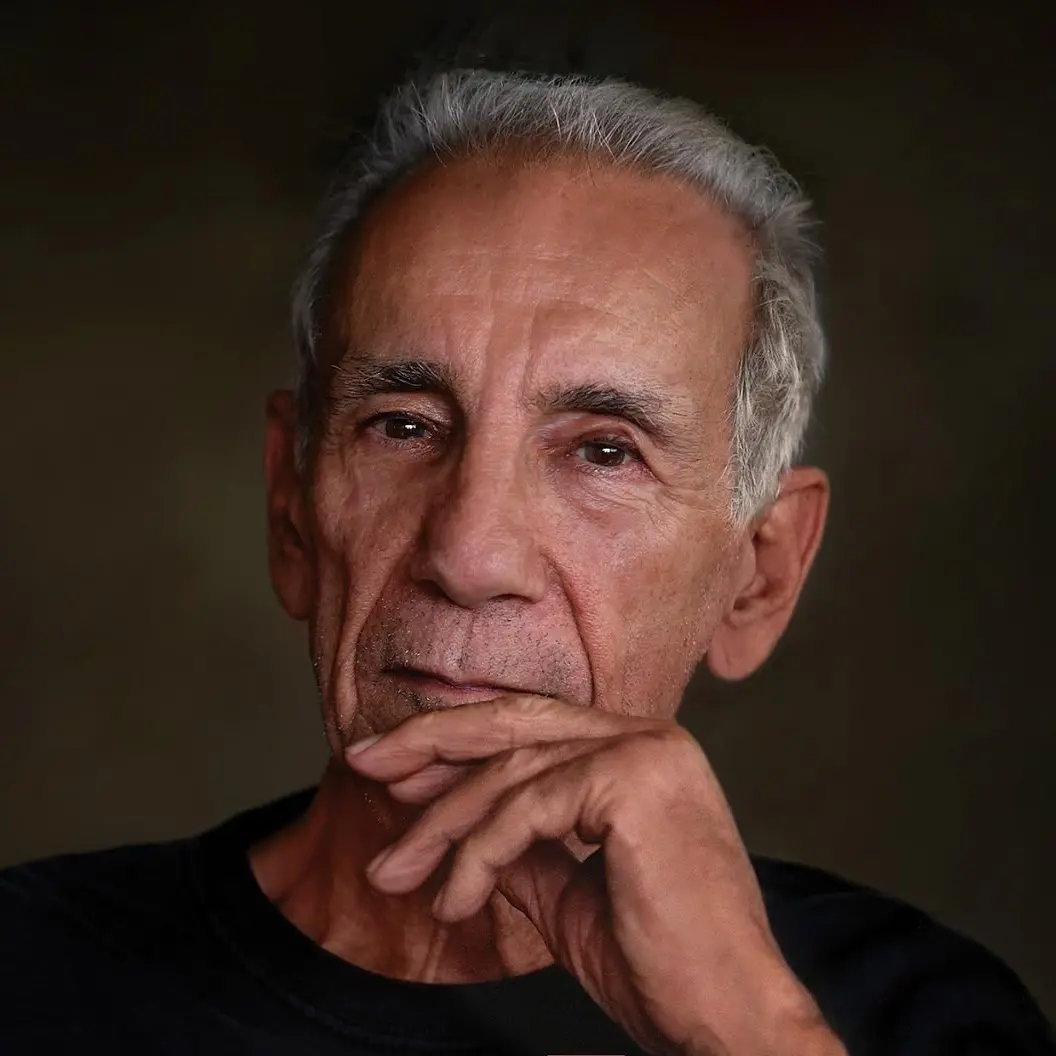
Charles Laquidara, WBCN’s most enduring personality, was born on November 24, 1938, grew up in Milford, Massachusetts, spent two years at Rhode Island School of Design and earned a bachelor’s degree in theatre arts in 1963 from Pasadena Playhouse. He spent the following five years in Los Angeles pursuing acting work, during which time he auditioned for the lead role in the 1968 film The Boston Strangler, losing the part to Tony Curtis (an event he rued on the air for his entire radio career).
While seeking acting jobs, Laquidara worked part time as a classical-music announcer at KPPC in Pasadena, joining the station full time in 1965. In late 1967, after being purchased by the owner of San Francisco-based KMPX, KPPC adopted a format then called “freeform radio” (later known as “underground radio”); Laquidara’s classical background and interest in jazz were perfect for the eclectic broadcasting approach. In December 1968, still unable find steady acting work after years of relentless effort, he returned to the Boston area.
JONING WBCN, THE BIG MATTRESS
In 1969, Laquidara landed a job at WBCN, which had switched from a classical format to a rock one in March 1968 and was well on its way to becoming Boston’s leading rock station. Laquidara replaced the departing deejay Peter Wolf on the nightshift (just as the ‘BCN moved into its second home on Stuart Street). “With the advent of underground radio, there was a place for a guy who was simply real,” he says, noting that his arrival at ‘BCN happened to be perfectly timed. “He didn’t have to have a deep voice, he didn’t have to talk fast or have a golden throat.”
He became a Boston radio legend in 1972, when he took WBCN’s morning-drive shift and turned it into his counterculture experience called The Big Mattress. The show served as a template for FM radio wake-up shows across North America and beyond. He remained in the at role until 1976, took a two-year sabbatical, then returned to ‘BCN with even greater popularity than before.
1990S, MOVE TO WZLX, RETIREMENT
By the ‘90s, as the reigning patriarch of WBCN, Laquidara could have been considered an anachronism, but he continued to garner respectable ratings and his attitude remained as fresh as ever. “I was very aware that times were changing,” he says. “I didn’t want to be like my parents and be one of those people who didn’t let go. When the change comes, you got to deal with it.”
Change came on April 1, 1996 when WBCN yielded under corporate pressure and put syndicated radio giant Howard Stern in the station’s morning shift, bumping Laquidara to sister station WZLX. He remained there until retiring to Maui in 2000 and he was inducted in the Massachusetts Broadcasters Hall of Fame in 2009.
(by Carter Alan)
Carter Alan is a former WBCN deejay now heard on WZLX-FM in Boston. He’s the author of Outside is America: U2 in the U.S. (Faber & Faber, 1992), U2: The Road to Pop (Faber & Faber, 1997), Radio Free Boston: The Rise and Fall of WBCN (University Press of New England, 2013) and The Decibel Diaries: A Journey Through Rock in 50 Concerts (University of New England Press, 2017).

